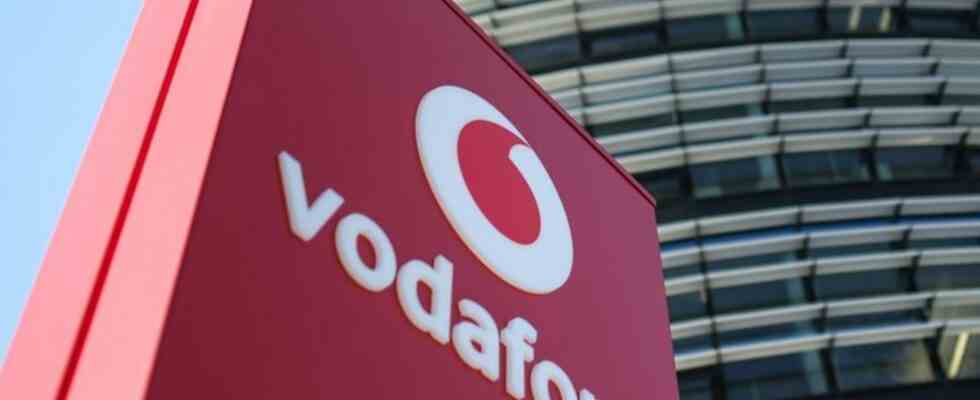e-waste
Vodafone recycles over a million old mobile phones from Africa
The Vodafone logo in front of the Vodafone Germany headquarters in Dusseldorf. Photo: Federico Gambarini/dpa
© dpa-infocom GmbH
Mobile phones contain raw materials such as gold, silver, copper and cobalt, but also dangerous toxins. Despite this, they often end up in landfills. A project now wants to take countermeasures.
In a major recycling project, Vodafone Germany will properly dispose of one discarded mobile phone from Africa for every mobile phone sold to private customers.
With the help of the Dutch specialist company Closing the Loop, Vodafone announced on Tuesday that more than a million old devices will be collected each year, mainly in Nigeria, Ghana and Cameroon, transported to Europe and recycled there.
Andreas Laukenmann, managing director of the private customer division at Vodafone Germany, said the project is a good start to establish new standards for the circular economy. “But recycling is not enough. The service life must also be extended.”
According to Vodafone, the devices collected are not electronic scrap that originally came from Europe, but cell phones that were used by people in Africa. The action is financed by the recovered raw materials. Local collection partners such as parishes, municipal facilities or repair shops share in the proceeds.
Safe recycling possible on site
There is no safe recycling capacity in the affected countries, said Joost de Kluijver, CEO and founder of Closing the Loop. Therefore, the scrap is transported to Europe by ship. However, Vodafone will support Closing the Loop in building recycling infrastructures directly in developing countries. “This will eliminate the need to ship e-waste and create many more jobs in developing countries.”
E-waste is the fastest growing source of household waste worldwide, according to the United Nations Global E-Waste Monitor 2020. A record 53.6 million tonnes of e-waste was produced in 2019 and this is expected to increase to 74 million tonnes by 2030. Mobile phones make up a significant proportion of this. According to calculations by the digital industry association Bitkom, there are over 200 million discarded mobile phones and smartphones in drawers in Germany alone.
The old devices from Germany have all cell phone providers in their sights. For example, Telefónica is cooperating with the environmental protection organization Nabu in the “Mobile phones for bumblebees, bees and co.” campaign. Deutsche Telekom and Vodafone also finance environmental protection and social projects with the proceeds from the recycling of raw materials.

